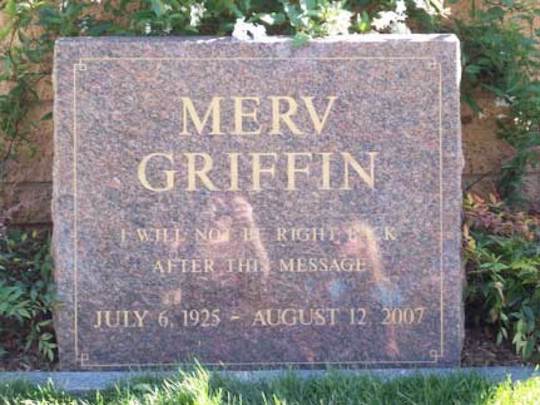Sorry guys—I know Combat! blog has been sporadic lately, but I’ve been devoting all my resources to my new project. It’s pretty complicated, but in a nutshell, I develop a series of false identities that I use to blackmail my enemies. Like I tell everyone my name is Henrietta Long, and then Henrietta Long gets a job at the co-op where Lena Dunham buys deodorant, and when she comes through I’m like, “Gosh, Ms. Dunham, wouldn’t you like to do something about all these races?” and BAM—that bitch is ruined. I call it Project Holy Light. I got the idea from this story in the Washington Post about Project Veritas, which Miracle Mike Sebba emailed me under the subject “this is so fucking awesome.”
Project Veritas is the maximum-scare-quotes “investigative journalism” organization founded and overseen by James O’Keefe, who became famous after secretly recording employees at ACORN in 2009. Veritas seems to have hired a woman to falsely tell the Washington Post that she had Roy Moore’s abortion when she was 15, in order to document reporters’ presumed bias and discredit the newspaper. That didn’t work out. Instead, the Post’s fact-checkers started looking into her story, which didn’t hold up, and then a reporter saw her walking into the Project Veritas offices. Read it—it’s a satisfyingly ironic report of deceit done poorly and journalism done well.
Here’s a fun question: Does O’Keefe think of this scheme—which includes attempts to record a Post reporter saying the accusation will cost Moore the election—and tell himself that he is on the side of good? Or is he just doing whatever it takes to win Moore the election? One suspects that even in the second case, O’Keefe convinces himself he is doing good. All you have to believe is that Democrats and the left are going to destroy this country if nobody stops them, and whatever you do from there is justified. You’re not a political hack. You’re a patriot. Given the choice between those two identities when he settles down to sleep, I bet O’Keefe tells himself the libs are an existential threat.





